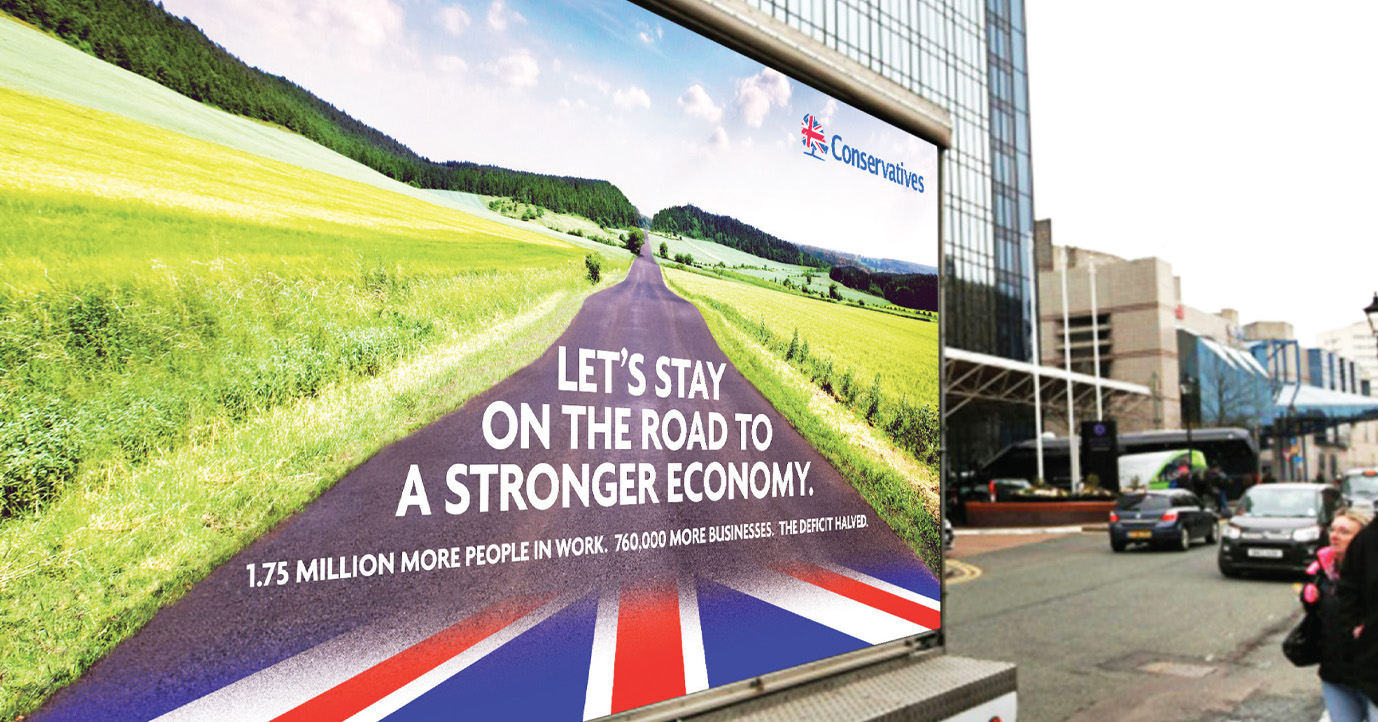
In my latest round of marginals research I have looked at four constituencies where it has been suggested UKIP pose a challenge to the Conservatives: Boston & Skegness, which UKIP “won” in the 2013 local elections; Castle Point, where Bob Spink, the first MP to sit for UKIP, came second in 2010; South Basildon & East Thurrock, which is adjacent to one of the party’s best prospects; and North East Cambridgeshire, where the Tories have had concerns in a county where UKIP have had some success in local elections.
It seems the Conservatives need not worry too much about the last of these, where I found them 21 points ahead, despite a 13% swing to UKIP. But in the other three UKIP are within striking distance: they were six points behind in South Basildon & East Thurrock, with a 16% swing; three points behind in Boston & Skegness, with an 18.5% swing; and just one point behind in Castle Point, with a 21.5% swing from the Tories.
In the four seats as a whole, 22% of 2010 Conservative voters naming a party said they intended to vote for UKIP in their constituency in May – though only just over half (51%) of Conservative-UKIP switchers said they ruled out going back to the Tories by election day.
More than one fifth (21%) of 2010 Labour voters also said they would switch to UKIP, as did 23% of 2010 Lib Dems (only one quarter of whose supporters from the last election said they would stay with them at the next).
Most voters in these constituencies were optimistic about the economy over the next year, both for the country as a whole and themselves and their families. However, there were some striking contrasts: 83% of Conservative voters expected Britain’s economy to do well overall, compared to 48% of those who said they would vote UKIP.
Two thirds of voters in these seats said they either that they were satisfied with David Cameron as Prime Minister (35%) or that they were dissatisfied but preferred him to Ed Miliband (31%). The proportion preferring Cameron included 67% of UKIP voters and nine out of ten Conservative-UKIP switchers.
When it came to the election result, 44% of UKIP voters said they wanted to see the Conservatives in government either alone (31%) or in coalition (13%), while just over three in ten preferred to see Labour in office, 22% with an overall majority. However, a clear majority of Conservative-UKIP switchers (61%) said a Conservative overall majority was their preferred outcome.
UKIP appear to have the edge in these seats in the ground campaign. The battle seems most closely fought in South Basildon & East Thurrock, but the difference is most marked in Castle Point, where people were more than twice as likely to say they had received literature, letters, visits or phone calls from UKIP as from the Conservatives.
My next round of marginals polling – among other things – will be launched at my polling presentation on 4 March. Why not book your ticket now?



